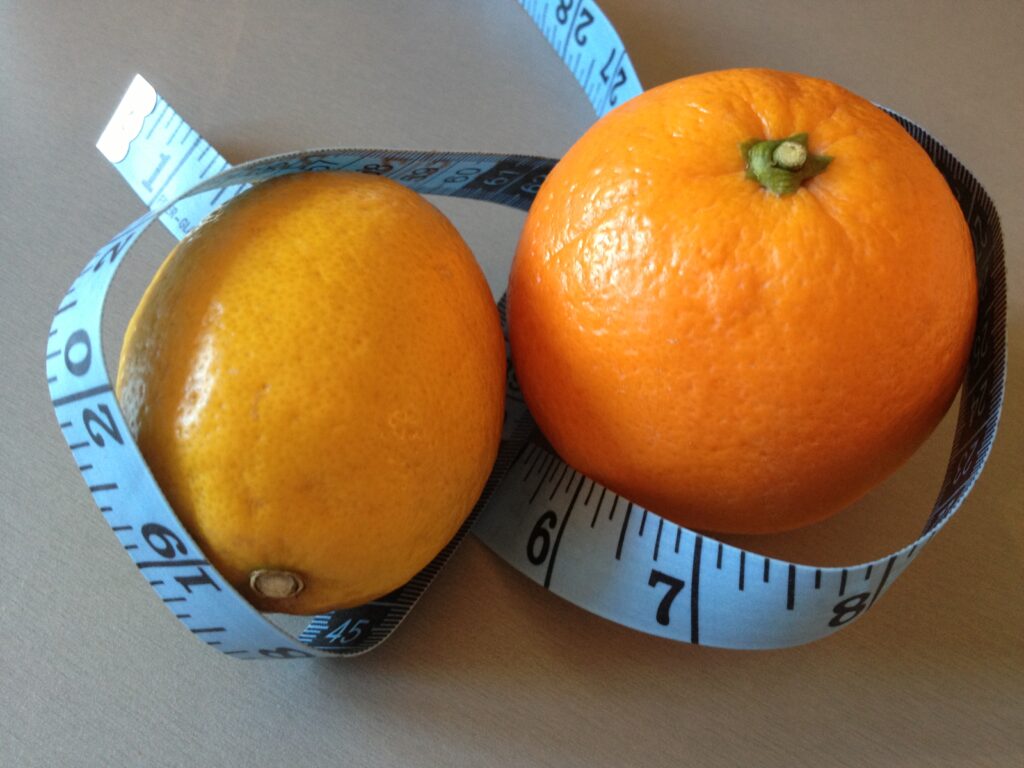Dieting is not the best way to lose weight
Dr Sally Norton, an NHS weight-loss surgeon is spreading the word loud and clear – dieting is very unlikely to lead to long-term weight-loss.

Studies support her claim, and it is estimated more than 85% of people who diet regain all the weight they have lost, and more, around a year later.
It is ironic that as a nation we have become obsessed with dieting and losing weight, but figures suggest our waistlines are growing rather than shrinking as obesity rates continue to climb.
According to Public Health England (PHE), by 2050 obesity is predicted to affect 60% of adult men and 50% of adult women – as well as 25% of children.
Therefore now is a time more than ever to start tackling our weight issues and get our eating habits under control, but if dieting isn’t working what can we do?
Below we outline some of the myths of weight-loss and how to really shed the pounds:
Listen to your body
Although it is widely believed that everyone should eat breakfast, evidence suggests it makes hardly any difference to weight-loss. Ultimately everyone is different – some people are early risers while others are night owls – so it is unsurprising that our bodily needs are different too. Listening to your body is key to eating healthily and losing weight, and if you are eating nutritious foods, your body will tell you when it needs fuelling.
Everything in moderation
Recent research has come to light to suggest that guidelines on fat consumption are completely false, and that advice to stock up on carbohydrates and low-fat varieties of diary products and meats has caused more harm than good. Many fats are healthy in moderation and are essential for brain and body health. The brain alone is 60% fat! Aim to cut down on low-fat yoghurts and meats which can be bulked up with sugar and chemicals, and embrace full-fat options.
Keep fit
In a direct, literal sense, exercise does not lead to weight-loss, but it builds muscle which burns more energy in the longer term. As we age, our bodies naturally lose muscle, which could be a reason why it is more difficult to lose weight. Furthermore, if we feel fit and healthy we are more likely to make healthier food choices and evidence suggests certain exercises can reduce the risk of abdominal fat and metabolic syndrome.
Sleep yourself slim
Numerous studies highlight a link between sleep deprivation and weight gain, and this is because when we are tired we are more likely to reach for sugary and fatty snacks that temporarily boost our energy. The growing usage of mobile phones and tablets are a prime threat to good quality sleep, so limit screen time in the evening to ensure you get plenty of rest.

Find a nutritionist dealing with Weight-loss
All nutrition professionals are verified


